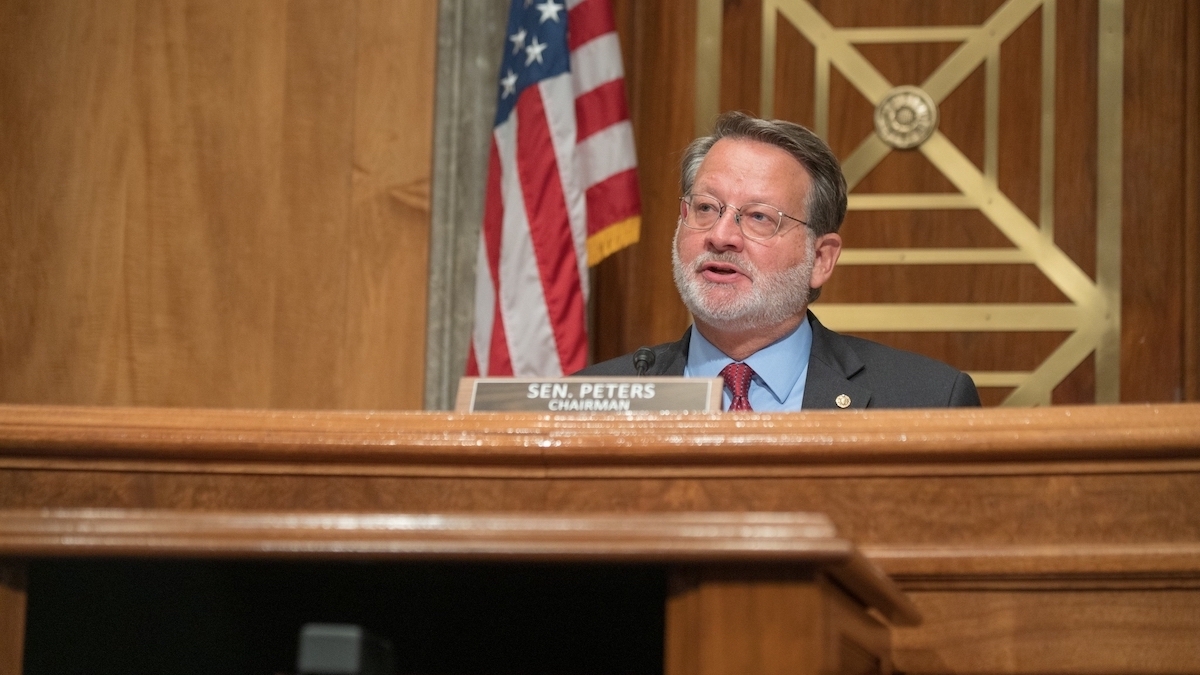As record-high inflation inches closer to double digits, U.S. Sen. Gary Peters (D-MI) votes "Yes" on several spending bills that are thought to be playing a role in the ever-increasing inflation.
Peters voted to extend the $150 billion Coronavirus Aid, Relief and Economic Security Act (CARES Act) in March 2021. He also voted for the $2.3 trillion Consolidated Appropriations Act of 2021 (H.R. 133) and the $192 billion Families First Coronavirus Response Act (H.R. 6201), two more economic assistance measures enacted as a result of the pandemic.
"Since the first half of 2021, U.S. inflation has increasingly outpaced inflation in other developed countries," four economists from the Federal Reserve Bank of San Fransisco said in an economic research report. "Estimates suggest that fiscal support measures designed to counteract the severity of the pandemic’s economic effect may have contributed to this divergence."
According to Smart Asset, economists say inflation is largely tied to increased federal government spending.
Peters and Sen. Debbie Stabenow of Michigan led efforts to pass the recent CHIPS-plus or CHIPS and Science Act, which includes more than $52 billion in spending for U.S. companies producing computer chips. The bill was passed by both the Senate and House and is to be made into law by the president.
“Passage of the CHIPS and Science Act is a huge win for Michigan workers, Michigan manufacturing and Michigan’s economy,” Peters said on his website.
Paige Terryberry, senior analyst for fiscal policy at the John Locke Foundation, confirms the current bout of inflation stems from the massive injection of cash since the pandemic’s onset.
In mid-2021, President Joe Biden proposed a $6 trillion budget for fiscal year 2022, which The New York Times says "would take the United States to its highest sustained levels of federal spending since World War II." The proposal included large new investments in education, transportation and fighting climate change.
Democrats are backing the Inflation Reduction Act of 2022, introduced by U.S. Sens. Joe Manchin and Chuck Schumer. The bill includes $430 billion in new spending on energy, electric vehicle credits and health insurance. It also raises minimum taxes for big companies and enforces existing tax laws, according to The New York Times.

